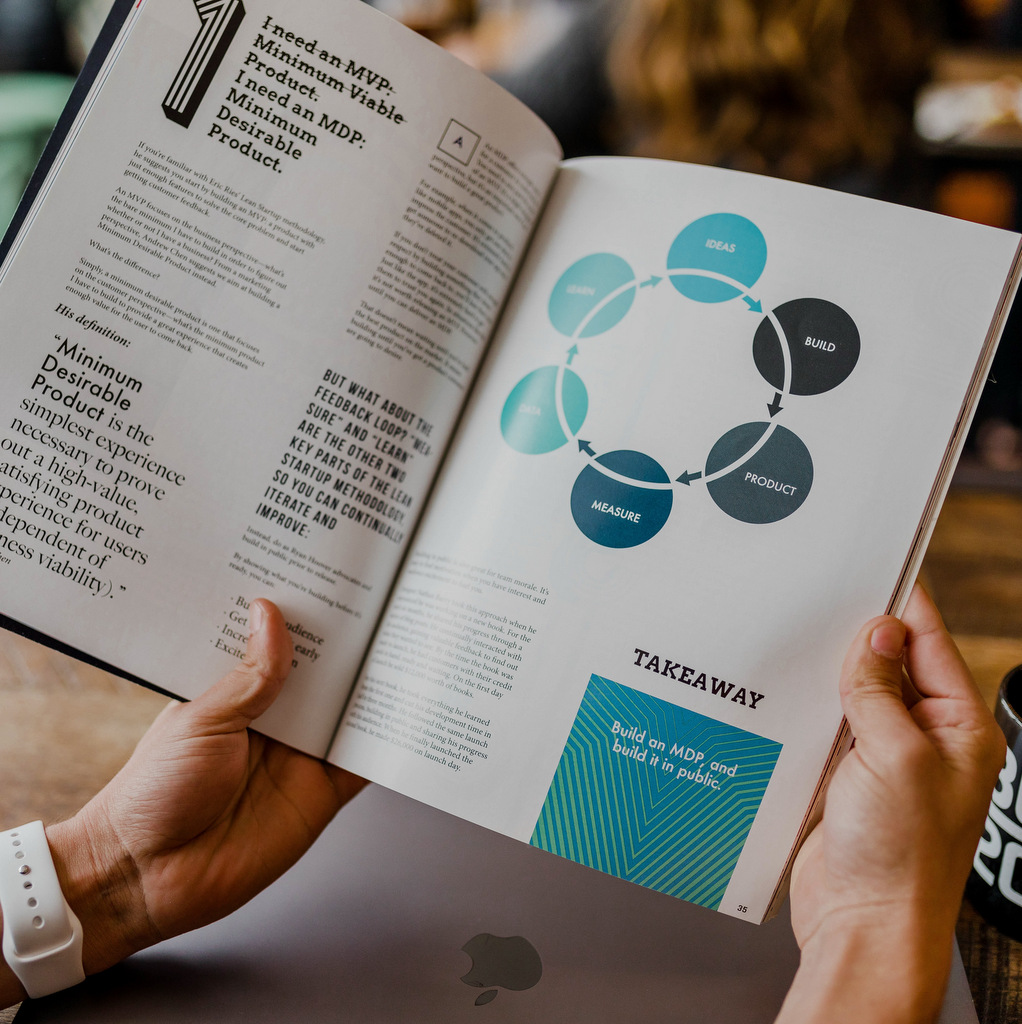Create a Research Proposal for Advisory Approval in 10 Steps
How Do I Craft an Effective Research Proposal for Approval by my Advisor?
In the realm of academia, the cornerstone of any successful research endeavour is a well-structured and compelling research proposal. A research proposal serves as a blueprint for your study, outlining your objectives, methodologies, and expected outcomes. Its significance cannot be overstated, as it is the document that not only defines the scope of your research but also secures the approval of your advisor or mentor – a crucial step toward embarking on your scholarly journey.
Understanding the Research Proposal
A research proposal is a detailed plan that outlines the scope, objectives, methodologies, and expected outcomes of a research project. It provides a comprehensive overview of your intended study, showcasing the significance of your topic, the gap it aims to address, and the methods you intend to employ. Essentially, a research proposal is your opportunity to convince your advisor or supervisory committee that your research is both worthwhile and feasible.
10 Key Steps and Research Proposal Considerations
#1 Defining the Research Proposal
A research proposal is a written document that outlines the key elements of your research project. It encapsulates the research problem, research questions, objectives, methodologies, and expected outcomes in a concise yet comprehensive manner.

A research proposal serves as the cornerstone of your academic journey, encapsulating the essence of your research project in a comprehensive yet concise written document. It acts as a roadmap that guides you through the intricacies of your study while giving your advisor a clear picture of what you intend to explore. Within this proposal, you’ll encapsulate essential elements such as the research problem, research questions, objectives, methodologies, and anticipated outcomes. In essence, the research proposal becomes a snapshot that captures the essence of your intellectual pursuit and academic intentions.
#2 Selecting a Compelling Research Topic
Choose a research topic that not only aligns with your academic interests but also addresses a gap in the existing body of knowledge. A well-defined and engaging research topic sets the foundation for a successful proposal.
The process of selecting a research topic is akin to laying the foundation of a building. It’s not merely about personal interest but about identifying a void within the existing body of knowledge. A well-crafted research topic blends your passion with the opportunity to contribute to your field. By aligning your academic interests with the gaps or issues in current literature, you’re embarking on a journey that not only captivates you but also adds value to the academic discourse.
#3 Crafting a Clear Problem Statement
Define the research problem succinctly. Clearly articulate the gap or issue your study seeks to address. Providing context and rationale for your research is crucial in demonstrating its relevance.
At the heart of any noteworthy research lies a well-defined problem statement. This statement acts as the north star, guiding your study through its course. Within your proposal, articulate this problem succinctly, highlighting the gap or issue your study seeks to address. This is your opportunity to draw attention to the significance of your research, explaining why it’s worth pursuing and how it fits into the larger context of your field. Demonstrating your awareness of the context and rationale behind your research not only underscores its importance but also showcases your research acumen.
#4 Setting Measurable Objectives
Develop specific and measurable research objectives. These objectives should guide your study and help you evaluate its success upon completion.
Objectives are the milestones that mark your research journey. They serve as the yardstick against which you’ll gauge the success of your study. In your proposal, ensure that these objectives are not only specific and measurable but also directly aligned with your chosen methodologies. By doing so, you are essentially creating a roadmap that guides your research efforts with clarity and purpose, ensuring that every step contributes meaningfully toward your ultimate goal.

#5 Choosing Appropriate Methodologies
Detail the research methodologies you intend to employ. Whether quantitative, qualitative, or mixed methods, explain why your chosen methodologies are best suited to answer your research questions.
The methodologies you select are the tools that enable you to unravel the complexities of your research questions. In your proposal, elaborate on these methodologies, explaining not only what they are but why you’ve chosen them. Whether quantitative methods for empirical data or qualitative approaches for understanding nuances, clarify how these methods are best suited to tackle your specific research questions. This highlights your analytical prowess and sets the stage for a robust research endeavour.
#6 Literature Review and Theoretical Framework
Conduct a comprehensive literature review to showcase your understanding of the existing research in the field. Build a theoretical framework that supports your research and positions it within the larger academic discourse.
In the academic world, research is a conversation, and your literature review and theoretical framework are your contributions to that discourse. Through a comprehensive literature review, demonstrate your grasp of existing research and how your study fits within the larger narrative. The theoretical framework, on the other hand, provides the intellectual foundation upon which your study is built. By showcasing your understanding of relevant theories, you establish the academic context that supports your research’s significance.
#7 Outlining a Realistic Timeline
Provide a clear timeline that outlines the various stages of your research, from data collection to analysis and writing. A well-structured timeline demonstrates your planning and organisational skills.
Effective research requires meticulous planning, and a well-structured timeline is your project’s compass. Within your proposal, lay out the various stages of your research, from initial data collection to final analysis and writing. This timeline not only showcases your organisational skills but also helps your advisor gauge the feasibility of your project. By setting a realistic timeline, you demonstrate that you’ve considered the complexities of research and are prepared to navigate them effectively.
#8 Anticipating Ethical Considerations
Address any ethical considerations associated with your research. Whether involving human subjects, sensitive data, or cultural sensitivity, demonstrate your commitment to conducting ethical research.
Ethics is the moral compass of research. In your proposal, take a proactive approach by addressing any ethical considerations your study may entail. Whether it involves human subjects, sensitive data, or cross-cultural interactions, highlighting these aspects underscores your commitment to conducting research responsibly. This not only reflects your integrity but also showcases your dedication to ensuring the welfare of all involved parties.
#9 Expected Outcomes and Contributions
Clearly articulate the anticipated outcomes of your research. Explain how your study will contribute to the existing body of knowledge and highlight its potential impact.
Research without a purpose is like a ship without a destination. Clearly articulate the anticipated outcomes of your study within your proposal. Explain how your research will contribute to the existing body of knowledge in your field. By doing so, you’re not only outlining the benefits of your study but also showcasing your understanding of its potential impact. This illustrates your thoughtfulness and the foresight you’ve invested in your research endeavour.

#10 Budget and Resources
If applicable, include a budget plan that outlines the resources required for your research. This could include materials, equipment, travel, and other expenses.
Practicality is a fundamental aspect of research, and your proposal should reflect this by including a well-structured budget plan if needed. If your study requires resources such as materials, equipment, or travel expenses, outline these requirements clearly. By doing so, you demonstrate that you’ve considered the practical aspects of your research and are prepared to manage the necessary resources responsibly.
Some More Key Tips for Getting Research Approved
Clearly Define Your Research Problem
Ensure that your research problem is well-defined and addresses a specific gap or issue in the field.
Your research problem should be more than a mere statement; it should encapsulate a clear gap or issue within your field that your study seeks to address.
Align Objectives with Methodologies
Ensure that your research objectives align seamlessly with the methodologies you intend to employ.
Your research objectives and chosen methodologies should work in tandem, creating a seamless flow that guides your study toward meaningful outcomes.
Thoroughly Review Literature
Conduct a thorough literature review to demonstrate your understanding of the existing research landscape.
A comprehensive literature review showcases your understanding of the current research landscape and positions your study within the ongoing academic conversation.
Be Realistic with Timeline and Budget
Set a realistic timeline for your research stages and provide a well-justified budget plan if needed.
Setting a realistic timeline and budget demonstrates your practicality and organisational skills, indicating that you’ve considered the complexities of research.

Highlight Ethical Considerations
Address ethical considerations proactively and demonstrate your commitment to conducting responsible research.
Addressing ethical considerations upfront underscores your commitment to conducting responsible research and ensures the welfare of all involved parties.
Contributing to Your Academic Field
In the journey toward creating a research proposal that secures advisor approval, meticulous planning, comprehensive research, and clear articulation are paramount. A well-crafted research proposal not only outlines your research journey but also convinces your advisor of the worthiness and feasibility of your project. By defining your research problem, selecting appropriate methodologies, and demonstrating an in-depth understanding of the existing literature, you pave the way for a successful research endeavour.
Remember, a research proposal is not just a bureaucratic requirement; it is a reflection of your commitment to contributing to your academic field. Embrace the opportunity to showcase your intellectual prowess and innovative thinking.
Useful Resources
Way With Words – Website: https://waywithwords.net/services/transcription-services. For professional transcription of your academic research interviews and discussions, consider Way With Words . Their accurate and reliable transcription services can help you organise and analyse your research data effectively.
Example Research Proposals – Website: https://www.scribbr.com/research-proposal/examples/. Access a collection of sample research proposals that provide insights into structuring and formatting your own proposal effectively. These examples cover a range of disciplines, helping you gain a clearer understanding of what a well-crafted proposal entails.
